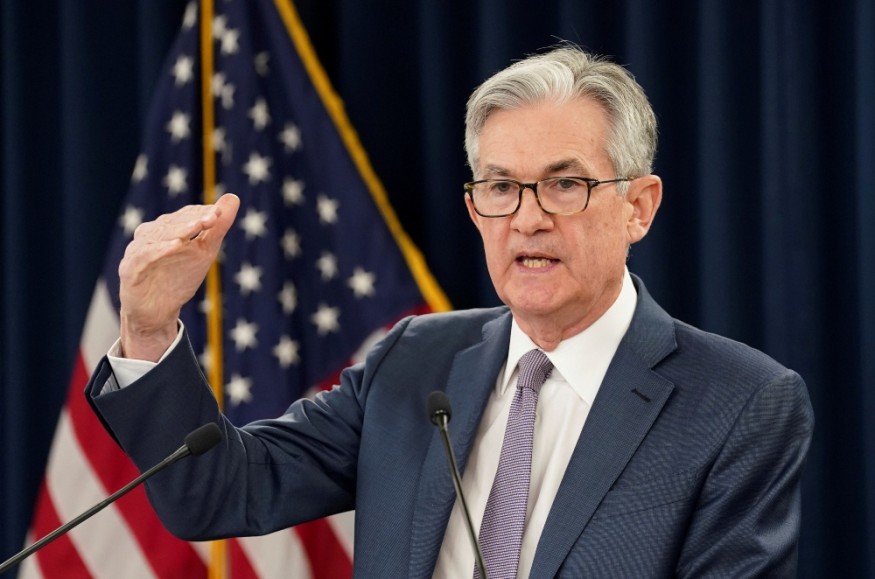Federal Reserve Officials are Begging for More Stimulus
Federal Reserve Officials are asking Congress to act and give more stimulus. The Fed now begs to give relief aid to Americans and businesses across the country.

The Federal Reserve System is the central banking in the country, and as much as possible, they do not want to wade into political debates. This is because they want to preserve their autonomy in managing monetary policy with minimal interference from the elected officials.
Additionally, in normal times when there are no economic problems and global pandemic, the federal reserve officers avoid giving suggestions and recommendations, particularly on hot-button spending, tax, and other policy matters handled by elected officials.
However, the global pandemic has somehow changed the disposition of the Feds. In recent months, Fed Chairman Jerome Powell said that he expects Congress will need to do more stimulus to compensate for income losses because of unemployment and revenue holes.
In fact, some Fed officials have been outspoken also. Chicago Fed President Charles Evans told the reporters last month, "Trouble is brewing with the expiration of these relief policies," He said this after the collapse of stimulus negotiations.
Evans also said that the partisan for the new coronavirus bill or stimulus package is an economic threat. He explained, "A lack of action or an inadequate one presents a very significant downside risk to the economy today," This is after a little progress was made due to partisan.
Even though the country's economy is slowly gaining but the number of workers who continue to apply for unemployment continues. These are people who were laid-off or lost their jobs due to the closure of businesses. These numbers are more likely to increase because of the vulnerability of companies today.
There are two reasons why Federal Reserve Officials are eager and beg for another round of stimulus package. First reflects the limits of their tools that became apparent well before the pandemic-induced downturn. The second stems from the unique nature of the current shock, according to a published article in the Wall Street Journal.
The Fed officials will have a two-day meeting the will conclude on Wednesday. They will discuss on how to make a policy or to substantiate their new average inflation Framework. The changes were a response to a deficiency in their old framework, which failed to account for more frequent and extended episodes at the so-called lower bound, where interest rates can't be lowered once falling to near zero.
Moreover, the Federal Reserve Officials are unwilling to cut the rates. They focus on providing more stimulus through "forward guidance," specifying how long they plan to keep rates very low and continue buying Treasury securities and mortgage bonds.
According to a Wall Street Journal survey, half of the economists said that they do not foresee the Feds to raise before 2024. Andrew Levin, a former Fed adviser who co-wrote a paper last month on the limitations of such policies during the pandemic, said, "the Fed cannot assume that forward guidance is going to do very much."
Michael Woodford, a Columbia University economist who is influential in central banking circles, also explained that increased government spending would be more effective than monetary stimulus even if the Fed could make deeper rate cuts.
Check these out!
Subscribe to Latin Post!
Sign up for our free newsletter for the Latest coverage!
© 2026 Latin Post. All rights reserved. Do not reproduce without permission.














